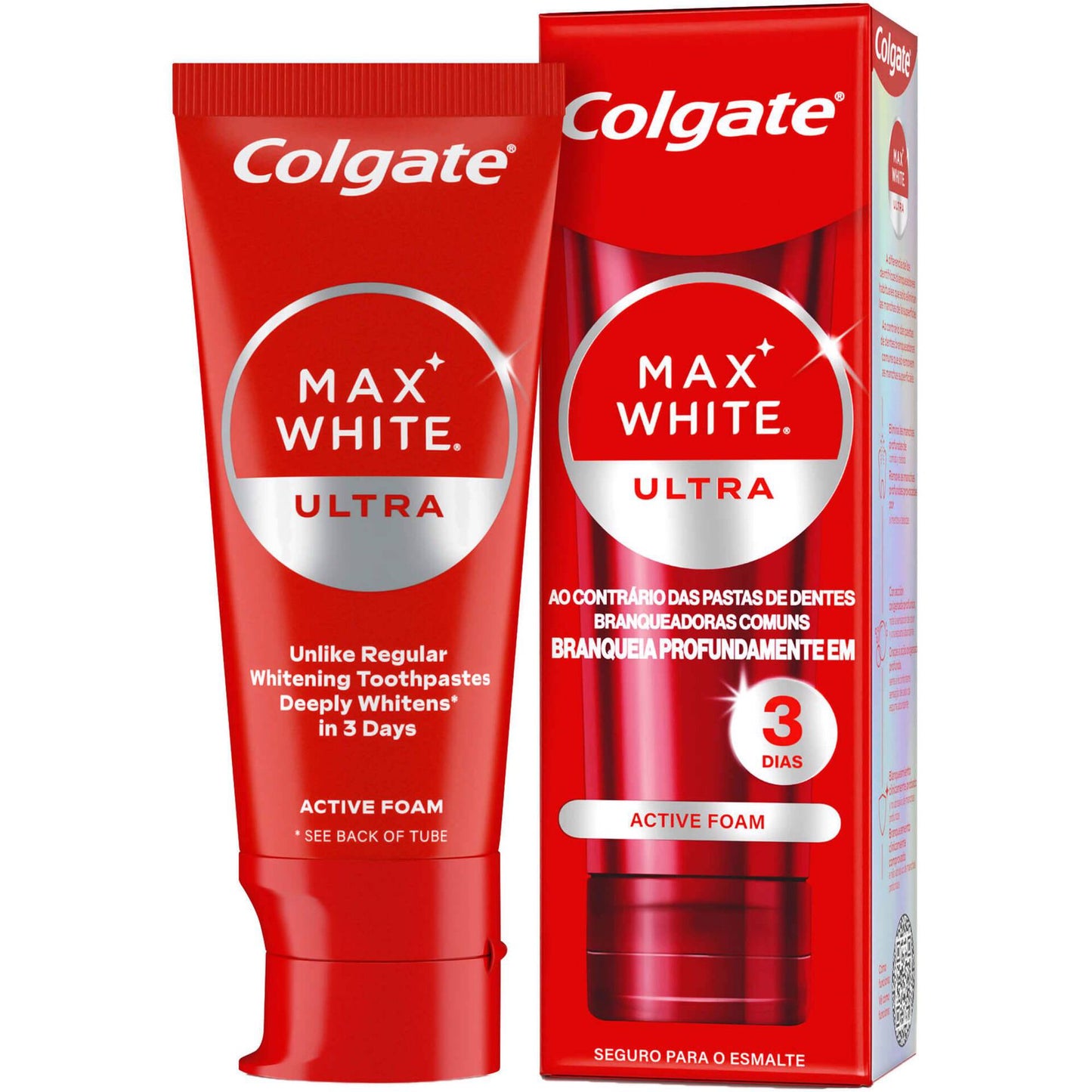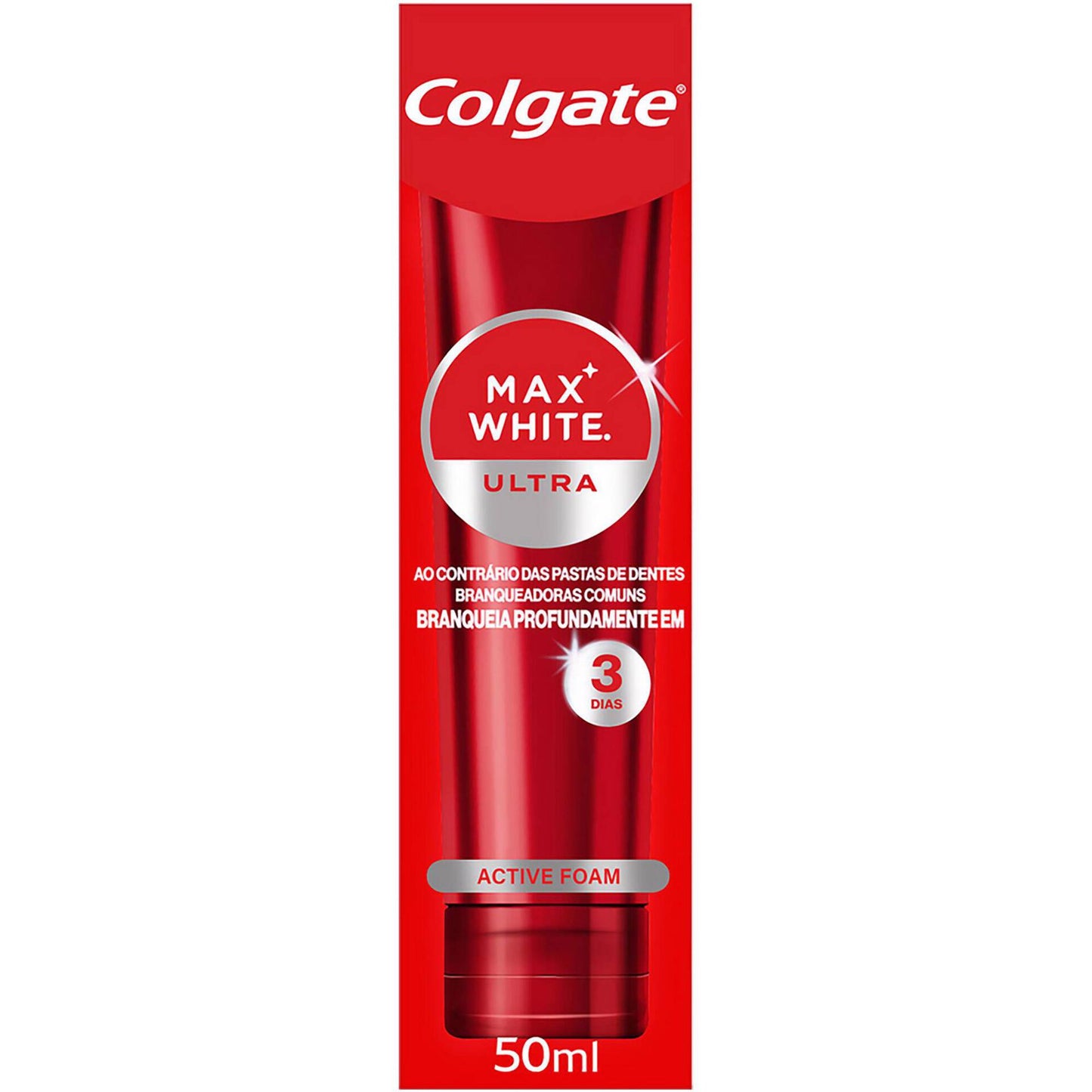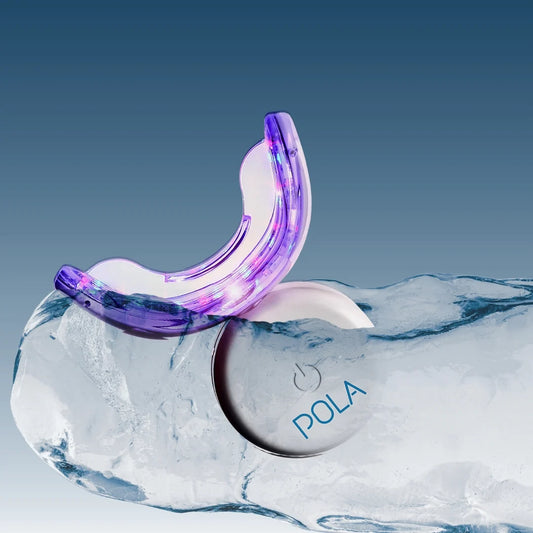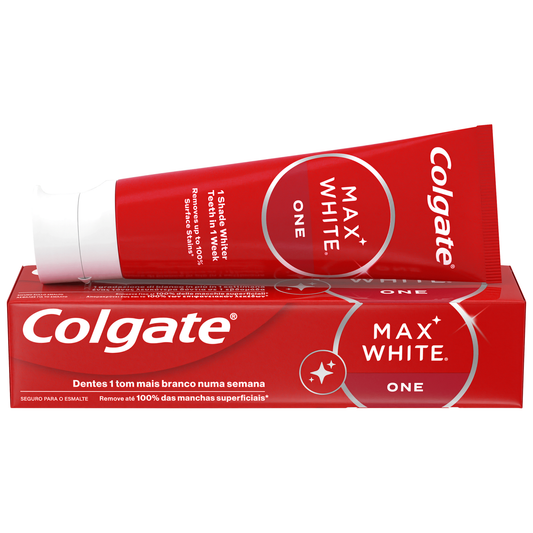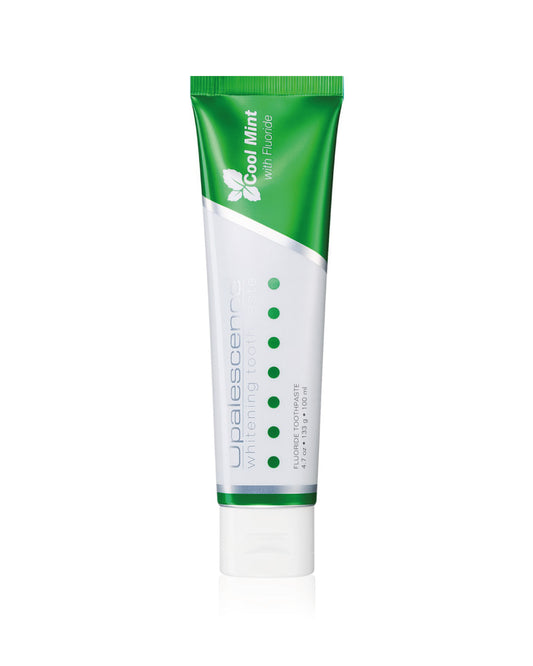Essential Dental Care for a Healthy Smile

No one forgets a genuine smile. It is easy to see its impact on personal relationships, the work environment and even self-confidence. A healthy smile essentially depends on proper oral hygiene, oral health and daily care that become habits as we recognize their importance. Over the years, advances in dentistry and the dissemination of good practices have contributed to a notable improvement in oral health in Portugal. Even so, many of the most common dental problems continue to be strongly associated with neglecting small daily routines.
Recognizing the fundamental elements of good oral hygiene, such as flossing, is crucial. However, for many, there is some confusion between what is truly essential and what is part of the supplementary recommendations. From brushing, including correct brushing, to diet, to regular visits to the dentist for a dental check-up, every detail adds up to stable and long-lasting oral health.
The Importance of Consistent Daily Habits
It’s easy to underestimate the impact of small actions, but the truth is that proper brushing and flossing are often the first line of defense against oral disease. It’s not enough to just brush your teeth quickly twice a day; timing, technique, choice of dental products and the choice of products make all the difference.
Rules not to forget:
- Use a soft-bristled brush, changing it every three months.
- Choose a toothpaste with fluoride.
- Brush for at least two minutes, reaching all tooth surfaces.
- Complement brushing with dental floss once a day.
Even adults often skip these steps, convinced that they are enough to make quick changes to their busy schedules. But neglecting these steps paves the way for problems like gingivitis, tartar, bad breath and cavities.
Diet and oral health: much more than just sugar
Reducing your intake of sweets is universal advice. However, there are other factors in your diet that directly affect your teeth and gums. Acidic drinks, such as soft drinks and processed fruit juices, wear down tooth enamel over time. Fruits such as apples are good allies, promoting cleaning, reducing plaque and stimulating saliva production. Sticky snacks or processed cookies tend to stick to your teeth, encouraging bacterial growth.
A look at different foods and their impact:
| Food/Actions | Positive Impact | Negative Impact |
|---|---|---|
| Apple, carrot, nuts | ✅ Stimulates saliva; helps remove plaque | |
| Soft drinks, sweets | ❌ They promote cavities and enamel erosion | |
| Cheese, natural yogurt | ✅ Contribute to mineralization | |
| Processed snacks | ❌ High sugar and additive content | |
| Water | ✅ Cleanses and maintains healthy mucous membranes | |
| Dark coffee and tea | ❌ They can stain your teeth |
By understanding these nuances, it is easier to make conscious dietary decisions that benefit not only your smile, but also your overall health. Regular hydration, through water consumption, continues to be one of the best bets for those seeking healthy teeth and gums.
Regular visits to the dentist: prevention above all
Some people only go to the dentist when they feel pain, but routine check-ups, also called dental check-ups, are essential, even without symptoms, and include daily flossing for complete oral hygiene and proper oral hygiene. Regular check-ups can detect early lesions, correct harmful habits and perform cleanings that remove plaque and tartar that are impossible to remove at home.
Professional monitoring must take place:
- At least once a year for adults with no known risk factors.
- Every six months for children, the elderly, pregnant women or people with a history of oral disease.
During these visits, the dentist may suggest other procedures: X-rays, application of sealants for children or topical fluoridation. These procedures aim to prolong the health of the teeth, preventing problems through early diagnosis.
The importance of gums: invisible support for your smile
The focus is usually on the teeth, but strong gums are essential. Inflammation in this area, such as gingivitis or periodontitis, is a common cause of tooth loss in adults. The first warning sign is usually bleeding when brushing or flossing, highlighting the importance of using the right toothpaste for effective brushing. Ignoring these symptoms can lead to progressive deterioration of the supporting tissues, culminating in tooth mobility and even irreversible loss.
Habits that promote healthy gums:
- Gently massage your gums while brushing.
- Avoid tobacco, which aggravates inflammatory processes.
- Ensure vitamin intake, especially vitamins C and D.
New technologies and approaches in dental care
Innovation has changed the landscape of dental treatments, prevention and products. From electric toothbrushes with pressure sensors to apps that monitor brushing, there are tools that make it easier to adopt healthy habits. Dental clinics are equipped with digital diagnostic techniques, allowing for safer and less invasive interventions.
It is worth mentioning the importance of personalized solutions: invisible devices for orthodontic correction in adults, supervised whitening and prosthetic rehabilitation adapted to the needs of each patient. These advances make it possible for everyone to maintain the smile they want, comfortably and safely.
Oral health and impact on general health
Several studies have shown the link between oral health, oral health and various systemic conditions. Chronic gum infection is associated with an increased risk of cardiovascular disease and diabetes. Bacteria present in oral infections can reach other organs, causing or worsening existing pathologies.
Oral health can reflect other problems in the body. Changes in breath, mucous membrane color or tongue sometimes indicate vitamin deficiencies, food intolerances or autoimmune diseases. Recognizing these signs puts the dentist in a privileged position to refer the patient for timely diagnosis and treatment.
Harmful habits we overlook
Many daily behaviors affect our teeth without us realizing it. Biting our nails, using our teeth as a tool to open packages or chewing hard objects are practices that weaken the enamel and can cause fractures.
Other situations deserve attention:
- Bruxism (teeth grinding, usually during sleep), which causes excessive wear and muscle pain.
- Regular consumption of medications and supplements that reduce saliva production, increasing the risk of cavities.
- Smoking, which contributes to tooth stains and gum disease.
Identifying these habits and looking for alternatives represents an important step towards more robust oral health.
Dental care at different stages of life
As we age, the needs of our smile also change. In children, parental guidance and support are essential, since the appearance of the first baby teeth requires careful oral hygiene from an early age. In teenagers, the popularity of orthodontic appliances requires even more attention to cleaning.
In adulthood, the focus is on preventing gingivitis, adapting to possible tooth loss, and the importance of flossing as part of the hygiene routine, with the help of dentures or implants. In the elderly, functional changes and the taking of multiple medications make it essential to be extra vigilant.
A summary table of needs by age group:
| Age Range | Specific Care |
|---|---|
| Children | Parental supervision, sealants, playful education |
| Teenagers | Adjustment to orthodontic appliances, prevention of cavities associated with frequent snacking |
| Adults | Prevention of gum disease, control of harmful habits |
| Elderly | Denture maintenance, combating dry mouth, systematic health assessment |
The role of education and information sharing
Dental health literacy is constantly adapting to trends, social behaviors and public policies. Awareness programs in schools, health centers and media campaigns have led to better results in terms of prevention and early treatment.
Parents, educators, caregivers and professionals should encourage open conversations about dental issues. The fear of the unknown, so common among young children, dissipates when the reasons for each hygiene gesture are understood. Likewise, access to reliable information allows informed decisions to be made and harmful myths to be avoided.
Your smile is undoubtedly your calling card, but the presence of plaque can compromise your dental health and appearance. Dedicating time and attention to dental care, including the use of toothpaste, is an investment not only in your appearance, but also in your overall well-being on a daily basis.
Do you really want to feel the difference of healthier teeth, regain your self-confidence and enjoy practical, comfortable and safe care? Don't wait any longer: discover our Opalescence kits and solutions →


